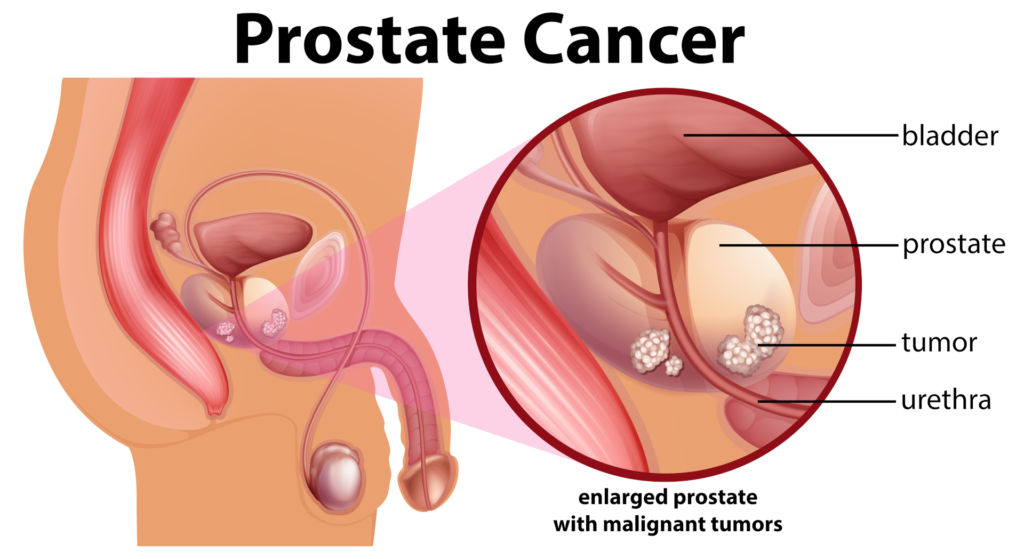
From detox teas to fat metaboliser pills, these are the quick-fix diet fads that could seriously harm your health, says nutritionist Lily Soutter
If you’re feeling the post-Christmas bloat and are tempted to lose weight fast, then you’re certainly not the only one. Of course, January is one the most popular times for dieting and with endless promotions of celebrity-endorsed diets all around us it can be easy to get sucked into marketing hype. Leading London nutritionist, Lily Soutter, says not to. “Put simply, ‘quick-fix’ diets don’t work”, she says. “Not only can they trigger an unhealthy relationship with food, but some can also have some serious side effects.” Below, Soutter highlights five new year diet fads with the potential to have quite shocking effects on your health.
Weight loss teas
“Teas for aiding weight loss and ‘flat tummies’ have been highly endorsed by celebrities and become hugely popular. Flat Tummy Tea provides a range of herbal teas which claim to boost metabolism, cleanse your digestive tract and reduce bloating. The company works with influencers to preach the message that their tea will leave you with a flat tummy just like theirs.”
Side effects:
“Not only is there no conclusive evidence to back up these health claims, but a common ingredient called senna is used within the teas which acts as a laxative. Senna can irritate the stomach lining and can cause cramps and diarrhoea, plus for those suffering with IBS, senna can only exasperate symptoms. If these teas are consumed in large quantities they may even lead to a disruption with the body’s electrolyte balance which may can cause heart problems in the long run.
“In reality, all senna does is increase bowel movements which may leave people feeling slimmer and having a flatter stomach in the short term, but there is absolutely no impact on fat loss.”
Slim Fizz, coined the ‘gastric band in a glass’
“Slim Fizz is a flavoured evanescence ‘appetite suppressant’ tablet which is dissolved in water to be consumed prior to a meal. The active ingredient is a type of fibre called glucomannan which is derived from the root of the konjac plant. This fibre forms into a gel that expands within stomach and is meant to help stimulate feelings of fullness.
“Manufacturers of Slim Fizz state that the gel acts as a temporary gastric band in that it can have appetite suppressant effects.”
Side effects:
“Whilst there is some evidence to support the use of glucommon with appetite control, in reality these effects are simply down to the fact that glucoammon is a source of fibre. There are certainly healthier and more cost effective ways of increasing fibre within the diet – simply consume more foods such as fruit, vegetables and wholegrains!
“These weight loss tablets also come with potential side effects – it’s vital to remember that Slim Fizz can affect the absorption of medication including the contraceptive pill. It’s also important to note that extreme caution should be taken for those on diabetic medication as the tablets affect blood sugar levels.
“This weight loss tablet comes with a hefty cost of £19.95 for ten days, with absolutely no education or development of long term healthy habits.”
Side effects:
“As with all diet pills, many fat metabolisers are unregulated and can be downright dangerous especially if bought over the internet as you can never be sure of what is in them.
“Even with pills found on the shelves of respectable well-known shops, many of of them contain high levels of stimulants such as caffeine, guarana and yerba mate. Whilst there is research that these ingredients do increase alertness, there is mixed evidence around their effect on weight loss.
“A big problem with having the main ingredients as a stimulant is the fact that it can increase risk for heart attack and stroke. Some websites even tell customers not to be alarmed if they notice their heart-rate speeding up, because it’s just a sign of the product doing its job.”
The keto diet
“The ketogenic diet involves a very low-carb and high-fat intake, sharing similarities with the Atkins diet. On a keto diet you would tend to consume under 50g carbohydrate per day which is extremely low and can push the body into ketosis (this switches the body from burning carbohydrates to burning body fat).
“Whilst there may be a place for this diet for those suffering with epilepsy and extreme obesity – it’s certainly not a diet to follow without guidance from a health professional and is completely unnecessary for the everyday person.”
Side effects:
“There are many potential side effects from following a ketogenic diet including bad breath, fatigue, insomnia, brain fog, slow thinking, dizziness, nausea, nutrient deficiencies, elevated heart rate, leg cramps, decreased physical performance and low mood.
“Carbohydrates provide a large amount of the fibre within our diet, which is why digestion can suffer when following this diet. It’s not uncommon for chronic constipation to be a side effect and research has even seen changes in our gut bacteria.
“Carbs also play a role with in transporting tryptophan (key to creating serotonin your happy hormon) to the brain, which is why those following a ketogenic diet may experience severe drops in mood.”
The lemon water and cayenne pepper detox
“This ‘detox’ diet states that for ten day you should only drink 12 glasses of water, lemon juice, maple syrup and cayenne pepper tonic. No solid food is allowed is allowed between this time.”
Side effects:
“The key message here, is that weight is loss may occur simply because there very few calories being consumed. Much of the weight lost during the period will be water weight and the lack of protein within the diet will mean that muscle wastage is inevitable. Losing fat burning muscle mass means that as soon as the fasting period is over and you go back normal eating habits, weight will quickly pile back on.
“It is commonly stated that cayenne pepper can be used a weight loss aid, which may well have been seen in rat studies, but no well-conducted human studies have been performed because of the high dose of cayenne pepper needed to replicate these effects prevents compliance.
“There is also no evidence that we need to ‘detox’. It is the job of the liver and kidneys to rid to body of toxins and they do the job just fine.
“Lastly, promoting detox diets has the potential to encourage eating disorders and cement unhealthy relationships with food.”




